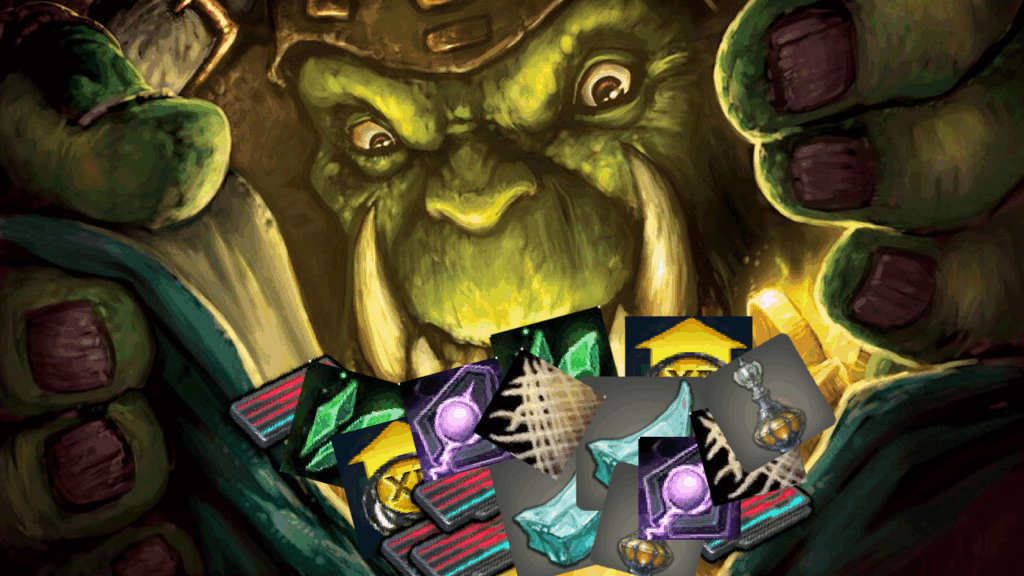
The landscape of Massively Multiplayer Online Role-Playing Games (MMORPGs) in 2025 is characterized by an overwhelming influx of inventory items, with players often finding themselves burdened by a plethora of meaningless collectibles. This issue, commonly referred to as “inventory bloat,” has become a significant concern within the gaming community. As players engage with their favorite titles, they are discovering that their in-game bags are often filled with items that serve little purpose, ultimately detracting from the overall gaming experience.
Inventory Challenges Across Major Titles
Opening an inventory in many popular MMOs today reveals a chaotic assortment of items: from scraps of linen cloth to various currencies, and from XP boosters to tokens linked to outdated content. This phenomenon is not merely a minor inconvenience; it symbolizes a broader trend where the classic MMORPG experience has shifted away from streamlined gameplay towards a cluttered and confusing interface. The beloved titles of the past, such as World of Warcraft and Final Fantasy XIV, have accumulated extensive inventories that players must navigate, leading to frustration and a desire for change.
For instance, the issue of inventory management has been highlighted by many players, including Heather Newman, a contributor at PC Gamer. In her analysis, she points out that World of Warcraft currently boasts approximately 200 distinct currencies, complicating the gaming experience. Blizzard Entertainment has attempted to address this by organizing currencies into separate tabs, but the core issue remains: players should not have to farm for outdated tokens to obtain items that lack relevance.
The situation is similar in other major MMOs. Guild Wars 2 has made strides with its virtually infinite crafting materials bank, yet players still encounter a variety of useless items that clutter their inventories. In contrast, Final Fantasy XIV struggles with a lack of solutions for managing crafting materials and miscellaneous items, leaving players to navigate a labyrinth of inventory issues.
The Case for a Streamlined Approach
The problem of inventory bloat can be traced back to the very design of MMORPGs. As these games age, they accumulate a wealth of content, leading to a collection of items that often serve no clear purpose. Many players express a desire for a more efficient system that allows for better management of in-game resources. Titles such as Death Stranding 2 and Kingdom Come: Deliverance 2 have begun to explore alternatives to the traditional inventory system, suggesting a potential shift in the genre towards more innovative solutions.
Despite the frustrations associated with inventory management, developers are tasked with balancing the need for item diversity against the player’s experience. The inclusion of numerous items is often intended to enhance gameplay and provide players with meaningful choices. However, when players find themselves sifting through unwanted items, the enjoyment of the game diminishes.
While some players may appreciate the challenge of managing their inventory, many others seek a more streamlined experience. The question arises: how can developers strike a balance between providing engaging content and reducing inventory clutter?
Ultimately, the solution may lie in a comprehensive overhaul of inventory systems across the genre. The introduction of unified currencies, automatic item disposal systems, or enhanced sorting features could alleviate some of the burdens faced by players. As MMORPGs continue to evolve, it is crucial for developers to prioritize user experience and address the underlying issues that contribute to inventory bloat.
As the gaming community looks forward to future innovations, the hope is that developers will recognize the need for change and implement solutions that enhance the MMORPG experience. Until then, players may need to accept that their bags will remain filled with items that spark confusion rather than enjoyment.







